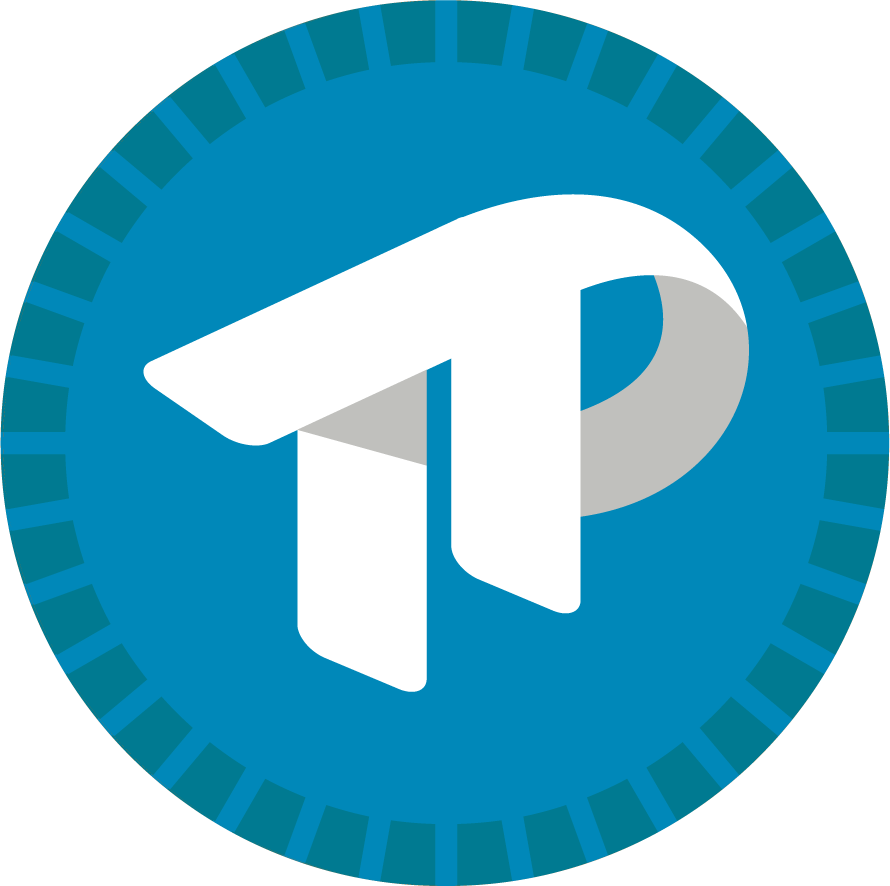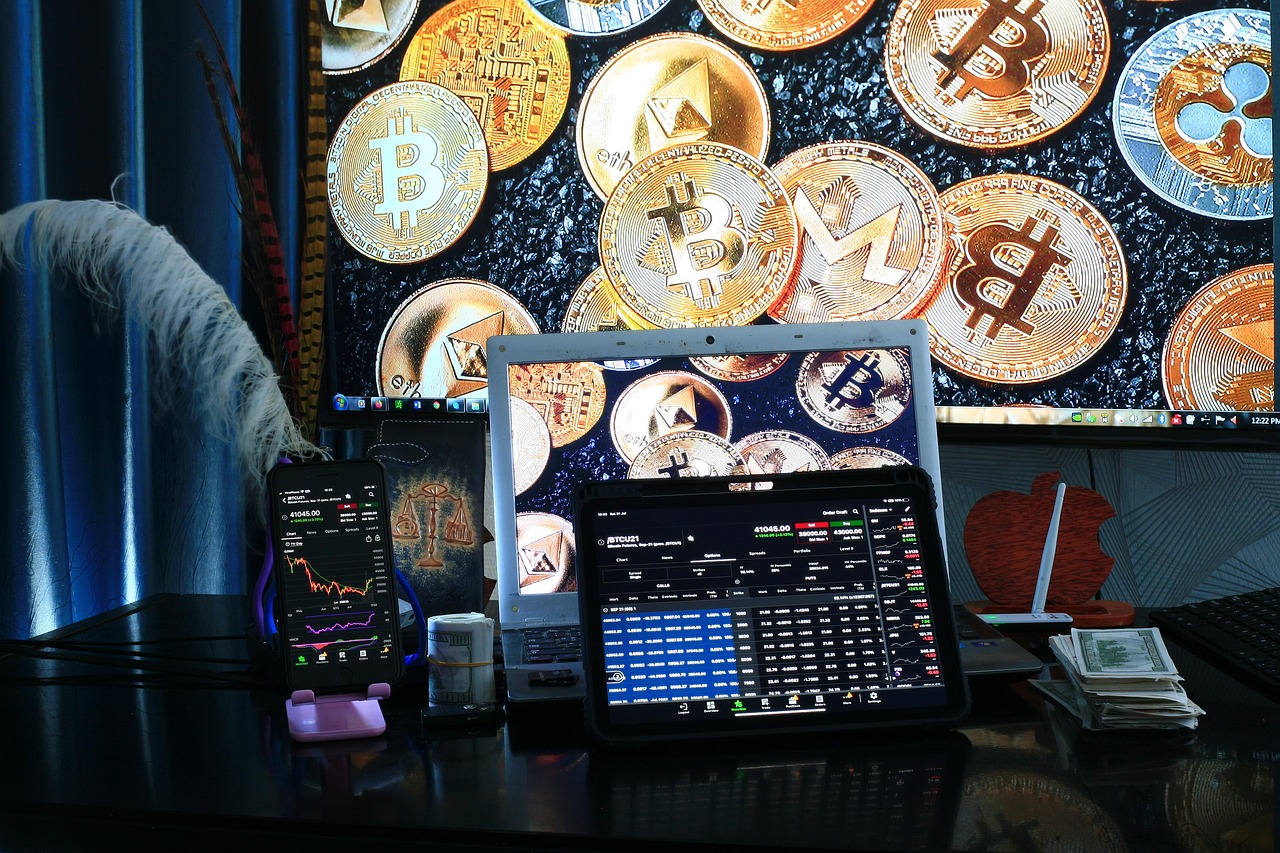South Korea’s top cryptocurrency exchanges are cautiously reintroducing leverage-driven “crypto lending” services despite tighter financial regulation. Platforms like Upbit, Bithumb, and Coinone have reshaped their products to comply with the Financial Services Commission’s (FSC) new guidelines, marking a regulated comeback for a once-controversial trading tool.
Coinone, the nation’s third-largest exchange, launched its “coin borrowing” service this week, allowing users to borrow Bitcoin against Korean won collateral. Borrowing limits range from $22,000 (KRW 30 million) to $51,000 (KRW 70 million), similar to stock short-selling rules. Customers can start with as little as $37 and borrow up to 82% of their pledged funds, though the cap applies. The service enables strategies like short-selling while adhering to strict government safeguards.
Market leader Upbit recently reinstated its lending program with lower collateral caps, reducing maximum limits from $37,000 to $28,000. Meanwhile, Bithumb continues its original service but confirmed ongoing revisions to meet FSC and Digital Asset eXchange Association (DAXA) requirements. A spokesperson emphasized investor protection and market stability as key priorities.
The FSC introduced its new framework earlier this month to curb excessive leverage and reduce risks for retail investors. Exchanges must now fund loans from their reserves, limit lending to large-cap cryptocurrencies, and cap individual borrowing. Traders must also complete education programs and pass suitability tests before accessing services. Additional safeguards include a maximum annualized interest rate of 20% and stricter disclosure standards.
According to CoinGecko, six major Korean exchanges process a combined $5.26 billion in daily trading volume, with Upbit, Bithumb, and Coinone leading the market. The new guidelines aim to balance consumer protection with continued innovation in South Korea’s growing crypto industry.

























Comment 0